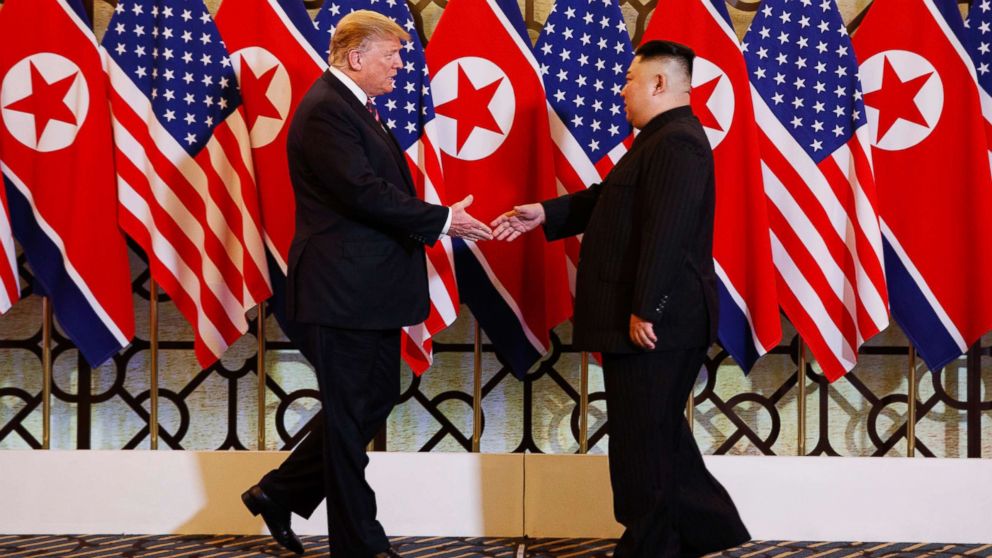Not so fast, Chairman Kim: Hanoi summit disappoints, but Trump shines: COLUMN
President Donald Trump made the smart choice in Hanoi to respectfully but firmly walk away from nuclear disarmament talks with North Korea at the leadership level -- at least for the time being.
Heading into the first summit in Singapore last June, the United States had made a stark request of the North Koreans: Make a strategic decision to denuclearize in return for sanctions relief, economic growth and diplomatic acceptance. Trump left Singapore under the impression Kim Jong Un had made such a decision.
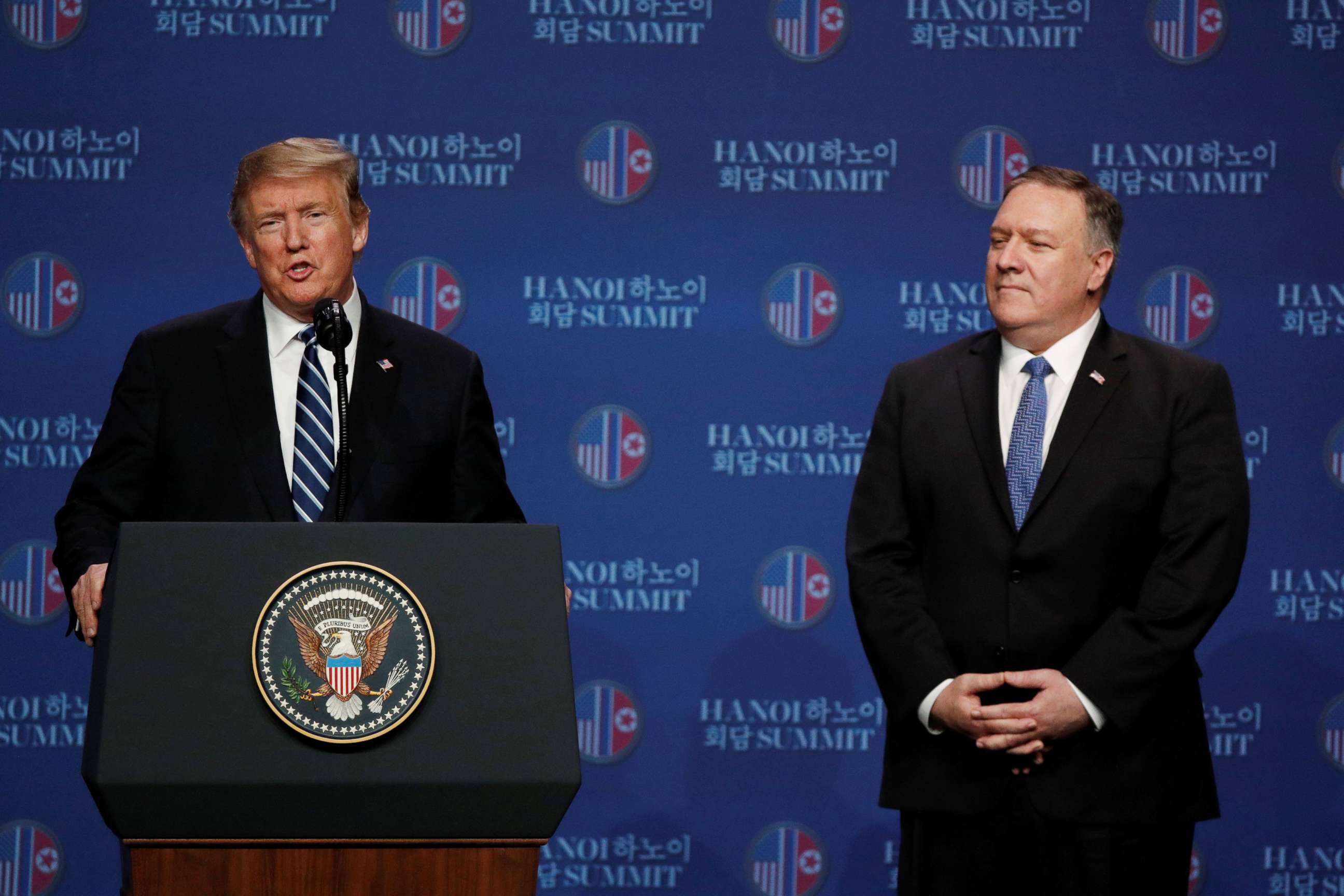
However, the offer Kim made this week in Hanoi at the second U.S.-North Korea summit was far from strategic and deeply disappointing. Kim asked Trump to end sanctions in return for freezing operations at the Yongbyon nuclear complex, North Korea's largest known fissile material production facility. Trump and Secretary of State Mike Pompeo knew better than to accept such an offer.
The Yongbyon facility does not represent North Korea's entire fissile material production capability, and the president made it clear in his press conference that he knows it. Trump referred to another enrichment site, and other nuclear-related sites, when he answered reporters' questions. Even with the size of Yongbyon, freezing its operations does not completely stop North Korea's ability to keep making new weapons, and it does not address its production and deployment of missile systems that could reach the United States or its allies.
Before this summit, I wrote a column in which I offered two pieces of advice to Trump: lower expectations and maintain credibility. On the first point, I felt Trump did not need to feel undue pressure to post a big win for the sake of politics. He has managed this situation to a better place than he inherited, and he is representing the whole world on this effort. To reflect the coalition and its concerns, his tactics would have to be clear-eyed and serious.
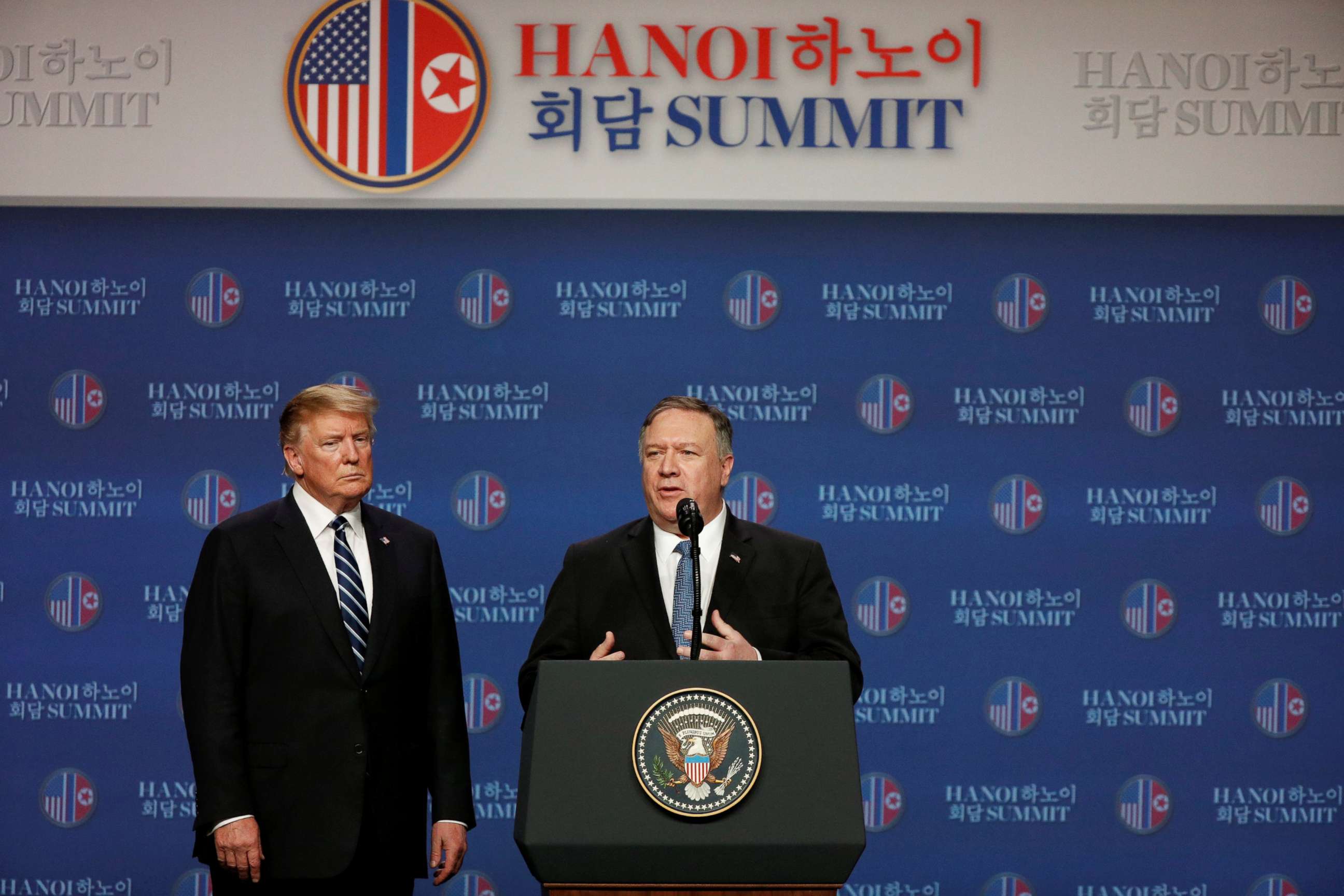
My second piece of advice was to maintain credibility coming out of Hanoi. It was important that Trump deliver a tough message to Kim to remind him of the United States' core objective. Evidence seemed to exist of North Korean deception since Singapore, and small cracks were forming in the coalition and its sanctions enforcement.
I wrote that "Trump might consider being brutally frank and transparent coming out of these talks, using carefully chosen words and being careful to acknowledge the limited value of any superficial or reversible gestures made by the North, no matter how positive they might seem."
Well, he did just that, and despite the disappointment of Kim's counteroffer, I think world leaders will be proud of him for it. I am.
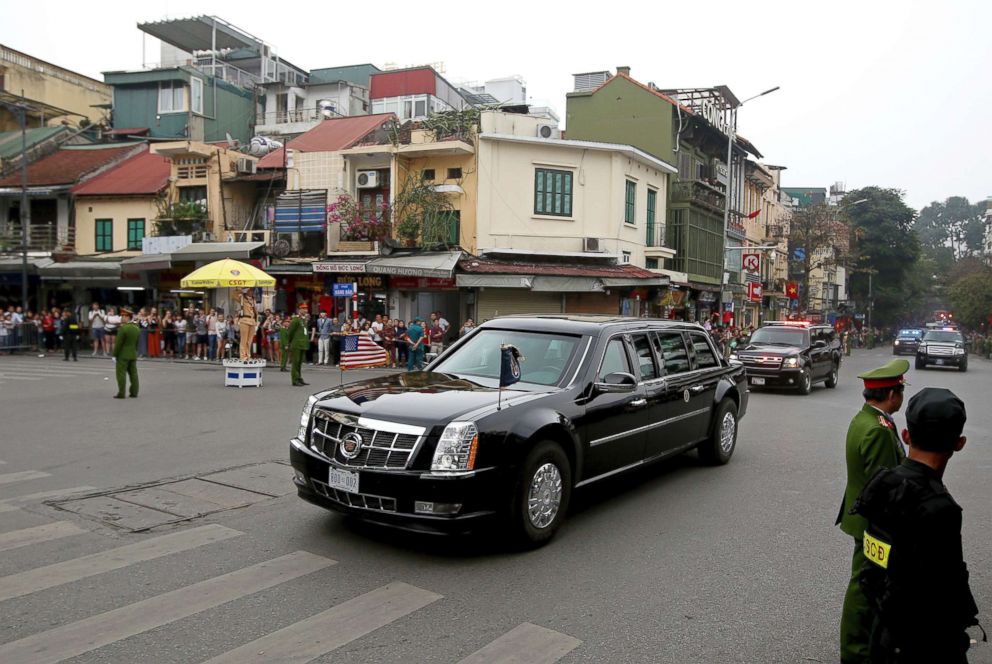
Despite domestic politics and the circus on Capitol Hill this week, Trump was strong, smart, even tempered and mature. He maintained credibility as the lead negotiator for the peace-loving world. He also maintained a cordial and mature relationship with Kim while firmly rejecting his attempt to distract from the strategic objective of denuclearization. No histrionics. No fanfare. Even when baited in the press conference to compare his decision to walk away to President Ronald Reagan's famous stand in 1986 at the Reykjavík Summit with Mikhail Gorbachev, Trump thoughtfully demurred.
The cynics and experts who feared Kim may go back on his commitment to denuclearize were proven right in this round. But Trump didn't storm out rashly. He secured Kim's commitment to continue his testing freeze and maintained a positive atmosphere of trust and mutual respect, something that will be fundamentally important if the U.S. hopes to achieve consensual disarmament.
So where does this leave us going forward? Taken at face value, North Korea is asking for a gradual de-escalation approach in which Kim takes reversible steps to freeze missile development and nuclear warhead production one or two facilities at a time, in return for "commensurate" sanctions reductions. There are several challenges to that approach. North Korea has cheated and reversed its concessions in past agreements, and there is inherent difficulty in imposing or reimposing any set of sanctions.
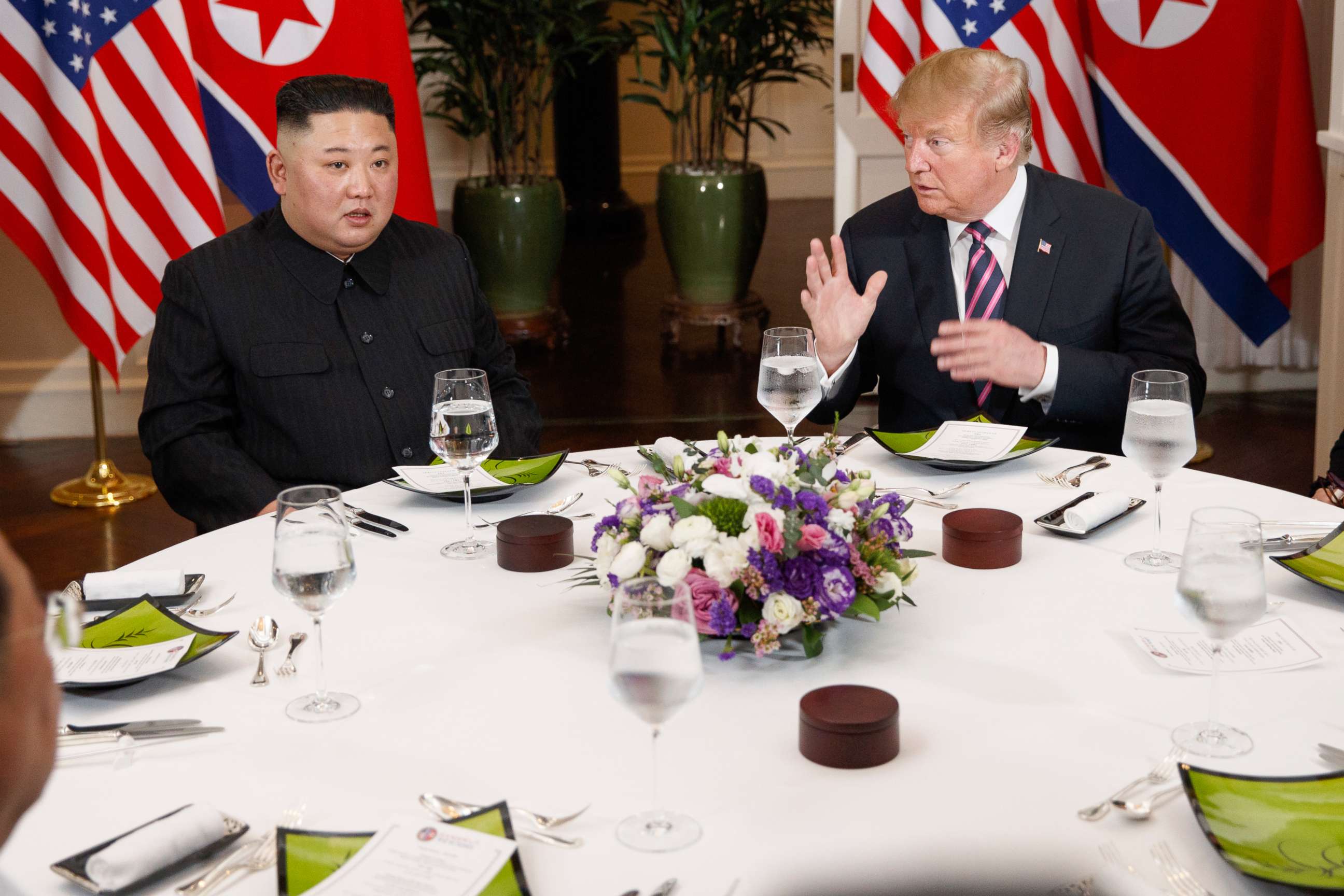
Pompeo was right to recognize the imbalance. We cannot accept half measures in return for full relief. Experts have said North Korea has between 30 and 60 nuclear weapons. Reportedly, some of their missiles could have nuclear warheads already affixed. That constitutes a significant threat to the region -- and to the U.S. In fact, it's hard for a threat to get much bigger. What Kim offered in Hanoi was to give up some of his ability to steadily produce more nuclear weapons. Pompeo realized giving up our leverage to prevent a few additional weapons would not be wise or reduce the existing threat. The sanctions currently imposed on North Korea are designed to pressure Kim into disarmament, not slow production.
North Korea has a lot to gain by rejoining the global economy. The Chinese and South Koreans can help. But, for now, as Dennis Rodman might say, the ball is in Kim's court.
Tom Bossert, an ABC News analyst, is a former Homeland Security Adviser to President Donald Trump and served as deputy Homeland Security Adviser to President George W. Bush. His views do not necessarily reflect those of ABC News or The Walt Disney Co.
